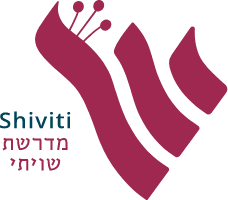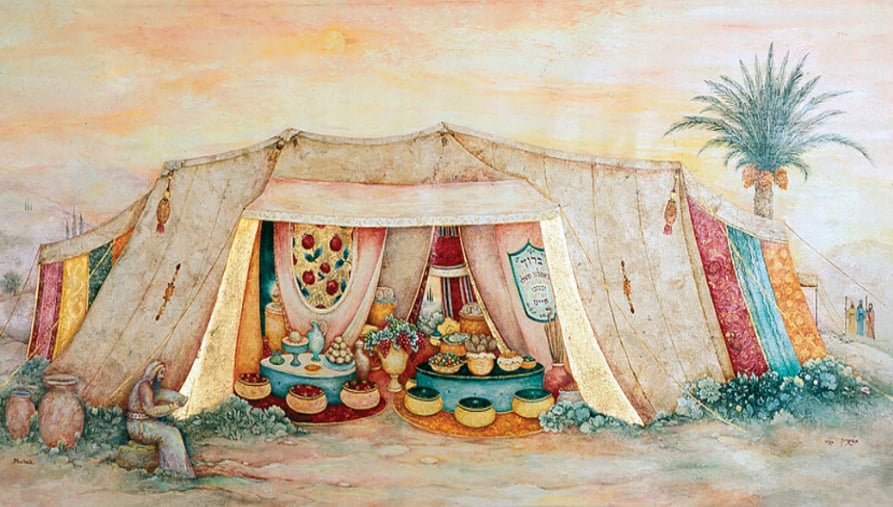By Yehudis Golshevsky
After the death of Sorah Imeinu, the Zohar teaches that her diyokan–her essential persona–remained within her tent, but it lacked a means through which it could become manifest until Yitzchak brought Rivka home as his bride.
For three years, some form of her essence pervaded her private space–a space that no other woman entered into until Rivka arrived–but it needed a channel that had a spiritual affinity with her to find its expression again. During the three years between the akeida–which was when Sorah died–and the homecoming of Rivka, the three signs of the indwelling of the Shechinah in Sorah’s tent were absent. When Rivka came, they returned, and suddenly it was as though Sorah herself was present.
For Yitzchak, during those three years it was as if Sorah had never really died–her presence was still available in some way–but he was not truly consoled until Rivka manifested the essence of Sorah within her tent. This diyokan–some essence of Sorah palpably experienced within Rivka–was known to Avraham, but not experienced by him. The only person to experience it was Yitzchak…and this was what brought him comfort. Seeing his mother’s righteous ways, even the look of her face, mirrored in that of his wife, who continued in the pathway of Sorah Imeinu.
On a personal note, this piece of the Zohar has been affecting me very strongly this week, most likely because our father’s yohrtzeit is coming up soon. This idea that there’s some quality of the remnant of the lost parent that remains available to the child even when it is no longer available to the spouse left behind has moved me deeply even if I can’t fully articulate to myself why. Maybe it’s because a bereaved spouse can have another marriage–even though, of course, the first spouse retains such a hold on the heart–but we never can have another parent to replace the one that’s gone.
Maybe it’s because spouses had lives before they ever married, but children come into a world where their parents are always and forever their parents. I don’t know exactly why this piece has touched me so deeply, but I wanted to share it with you–the idea of the diyokan or “image” of Sorah that persisted until it found a suitable vessel to express itself again in the world through Rivka. And even though Rivka is an Eishes Chayil in her own right, this idea of the imahos superimposed together within the space of the tent, where souls are nourished and cultivated and the Shechinah is palpable overwhelms me with a sense of kedushah.
May we feel the holiness of our imahos within ourselves, and may our homes be a space in which the Shechinah dwells always.
Gut Shabbos!
Yehudis


Hi. I signed up for the Piasechka Rebbe. But I can’t always attend in person. Will you have taped classes avail? Just signed up. Can you send me the first few classes? If I can’t listen at a different time, I have to cancel the class sign up. Thank you
Yes, you can always access recordings later on the page of the lesson in your course. You just need to go into your account at shiviti.org.il and go to your courses, go to the missed lessons, and the videos and materials will be there. If you have an issue, please write to info@shiviti.org.il